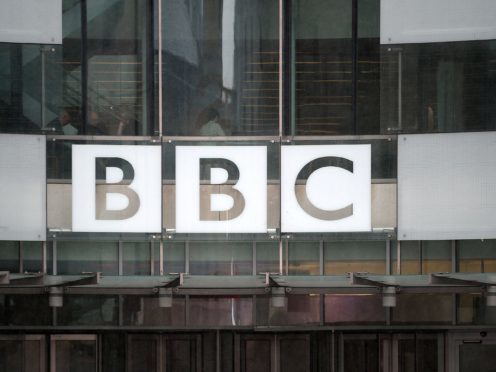The BBC will air six new films about slavery in the modern age, including one focusing on child labour in India, the broadcaster has announced.
The new commissions, produced in collaboration with The Open University, will form part of the BBC’s Why Slavery season, timed for International Anti-Slavery Day on October 18.
An estimated 40.3 million people live in some form of slavery today, according to a 2017 Alliance report.
One of the films, Selling Children, sees director Pankaj Johar travelling India to explore how children are bought and sold with such ease.
The one-hour BBC Four film sees Johar meets both trafficked children and the traffickers themselves as well as activists, legal experts and the authorities, while filming rescue operations of enslaved children.
The BBC has also commissioned A Woman Captured, a “raw and intimate portrayal of the psychology behind enslavement”.
The one-off programme, also set to air on BBC Four, follows a 52-year-old Hungarian woman who has been kept by a family as a domestic, unpaid slave for 10 years.
Other programmes include Maid In Hell, looking into the secretive inner workings of a system used in the Middle East to monitor migrant labour, and I Was A Yazidi Slave, about two Yazidi women captured by IS and then forced into slavery.
Previously announced drama Doing Money will also air as part of the Why Slavery season.
The BBC Two programme is based on the true story of Ana, who was taken from a London street in broad daylight and was sent to Ireland to be used as a sex slave.
Patrick Holland, controller of BBC Two, said: “The Why Slavery season is a hugely important range of films illuminating and questioning slavery in our modern world.
“Films like the extraordinary factual drama Doing Money reveal how coercion and control operates in plain sight, demanding that we look and listen harder.
“I am proud that BBC Two sits at the heart of this season and for our partnership with the Why Foundation and the network of global broadcasters committed to highlighting this issue.”
Mandy Chang, editor of the BBC’s Storyville strand, oversaw the season.
Chang said: “These programmes are important because they shine a light on slavery in our contemporary times. The overall picture painted by these films is a terrible indictment of the systems that allow slavery to take place.
“Slavery is a human rights abuse that is more common than we realise and the films we commissioned go some way to addressing why and how such misery is inflicted on the human beings who find themselves enslaved.
“From children forced into sexual and manual slavery across the rapidly developing Indian continent, to domestic servants, in places like the Middle East and EU countries like Hungary, we wanted the message of the existence of slavery in today’s world to be shared with our British audiences, to highlight the suffering of victims and the exploitation perpetrated by those who enforce it.”
